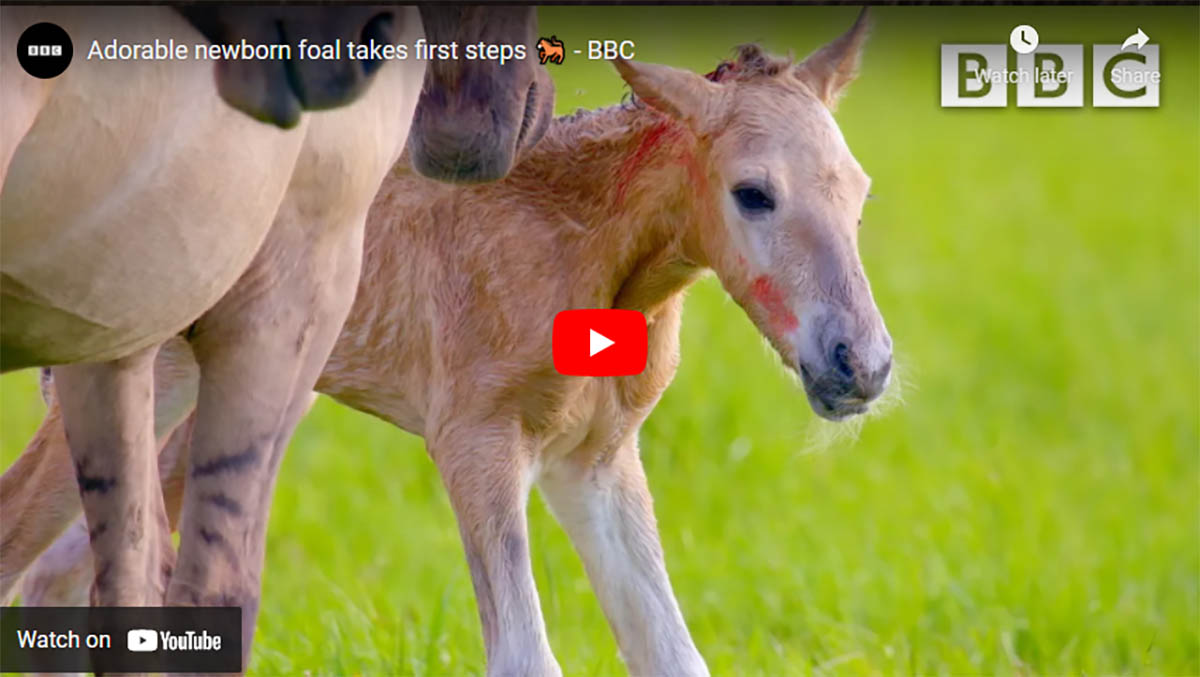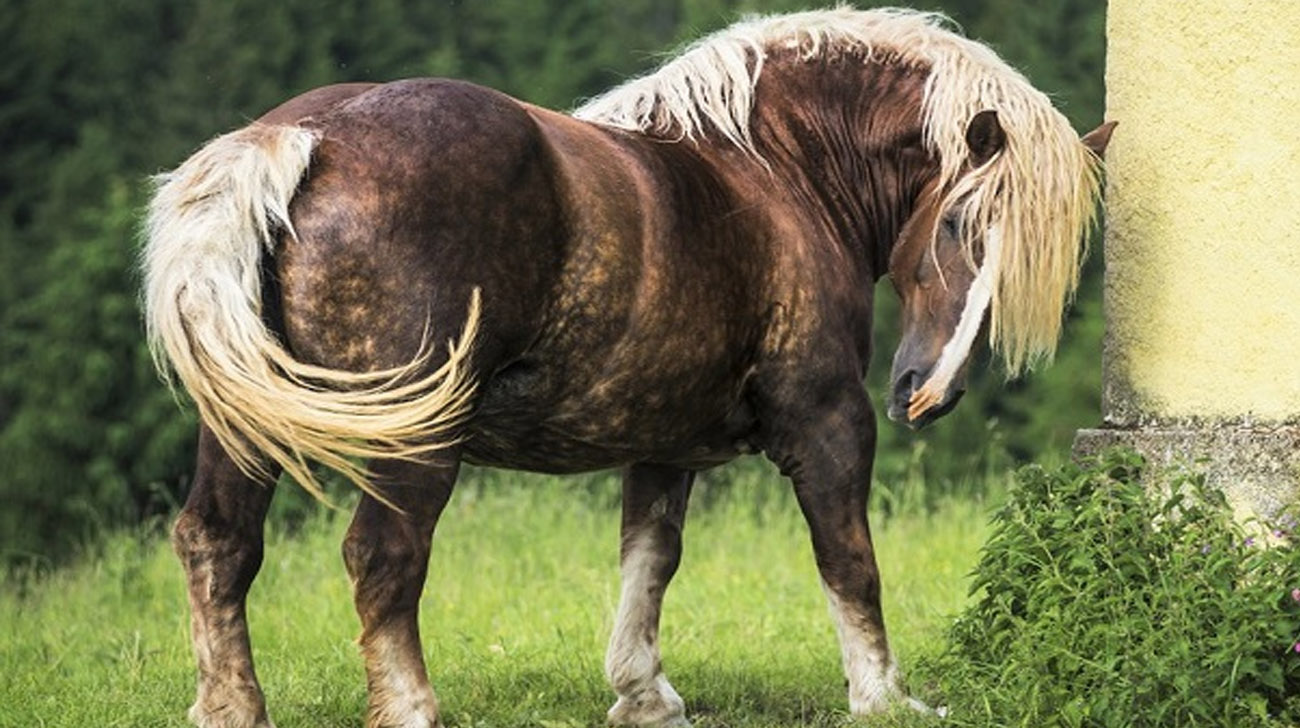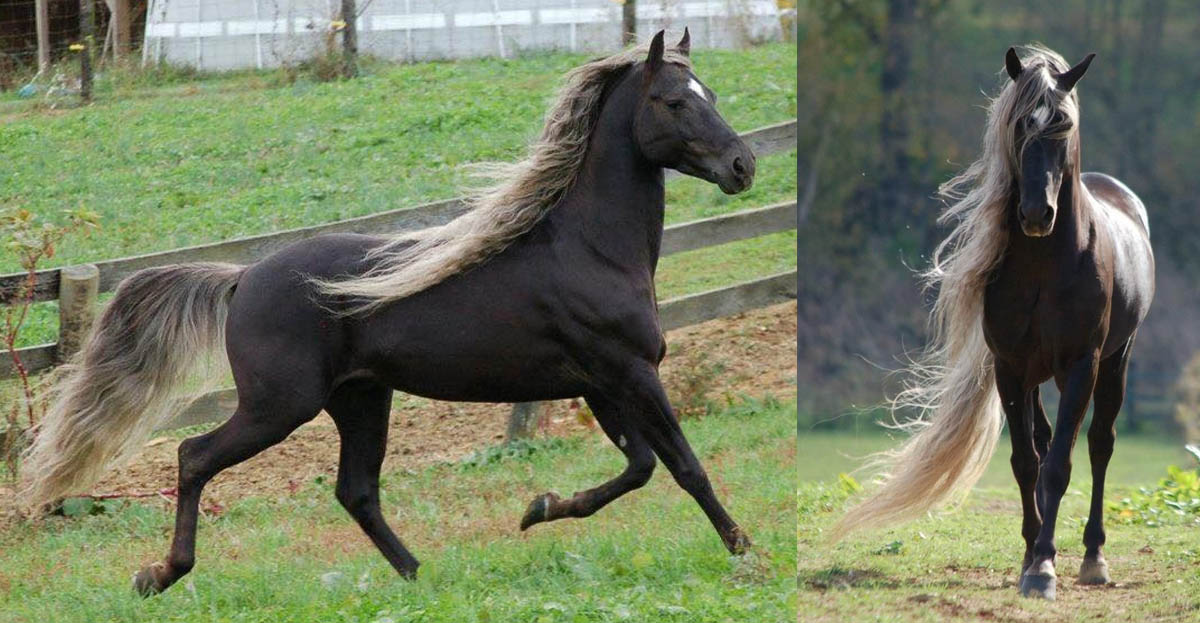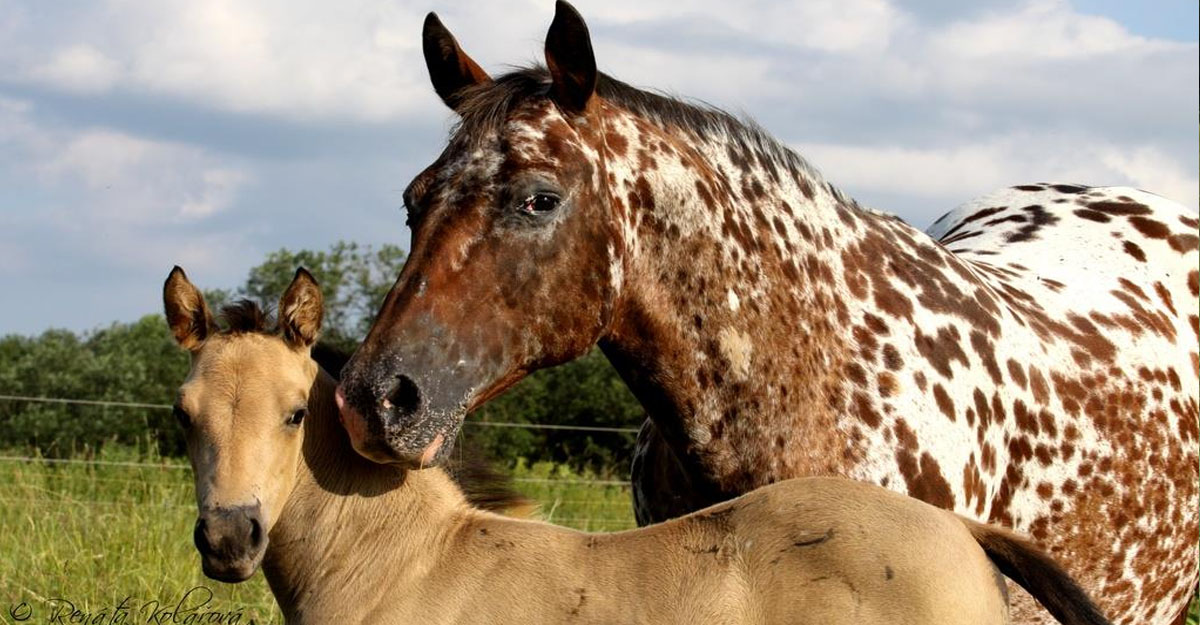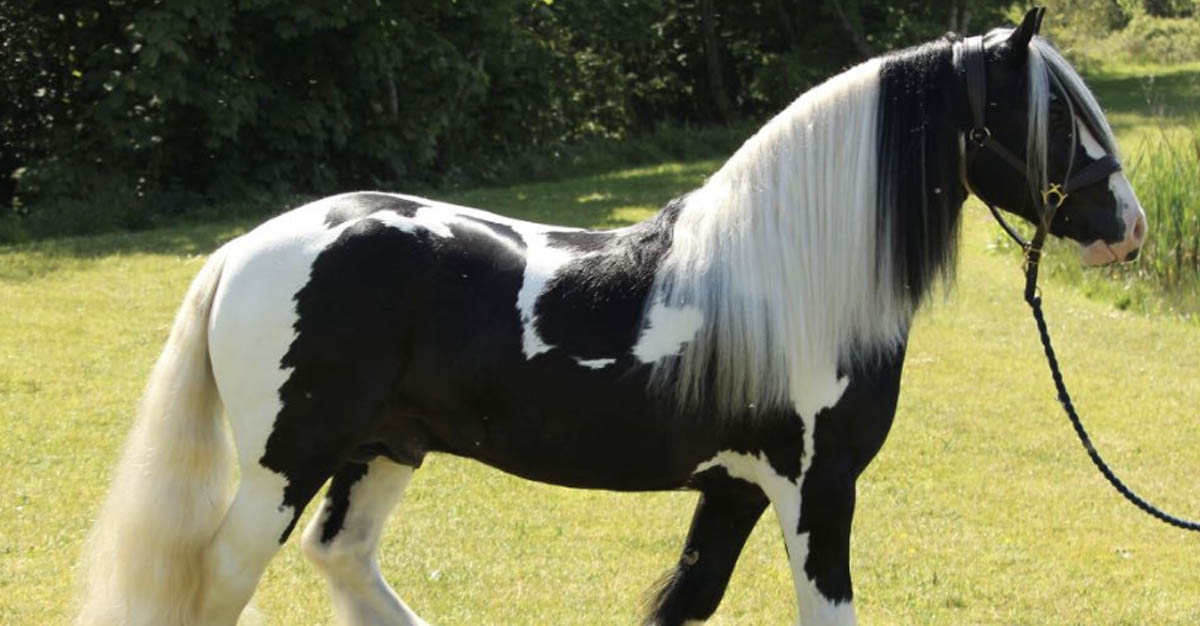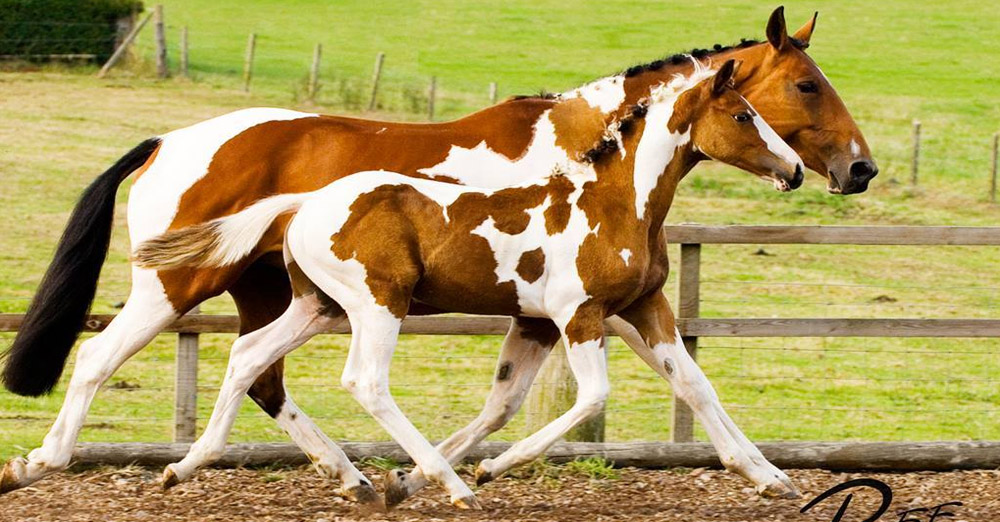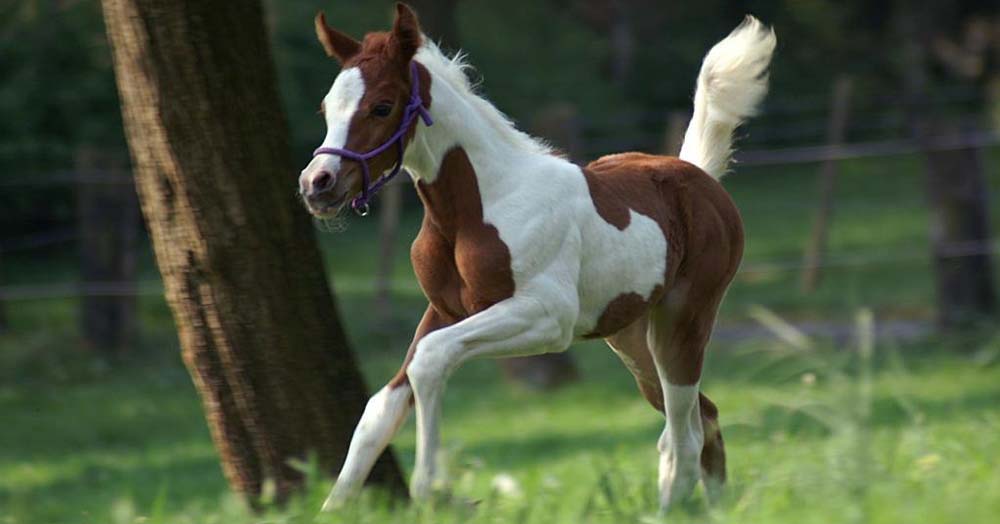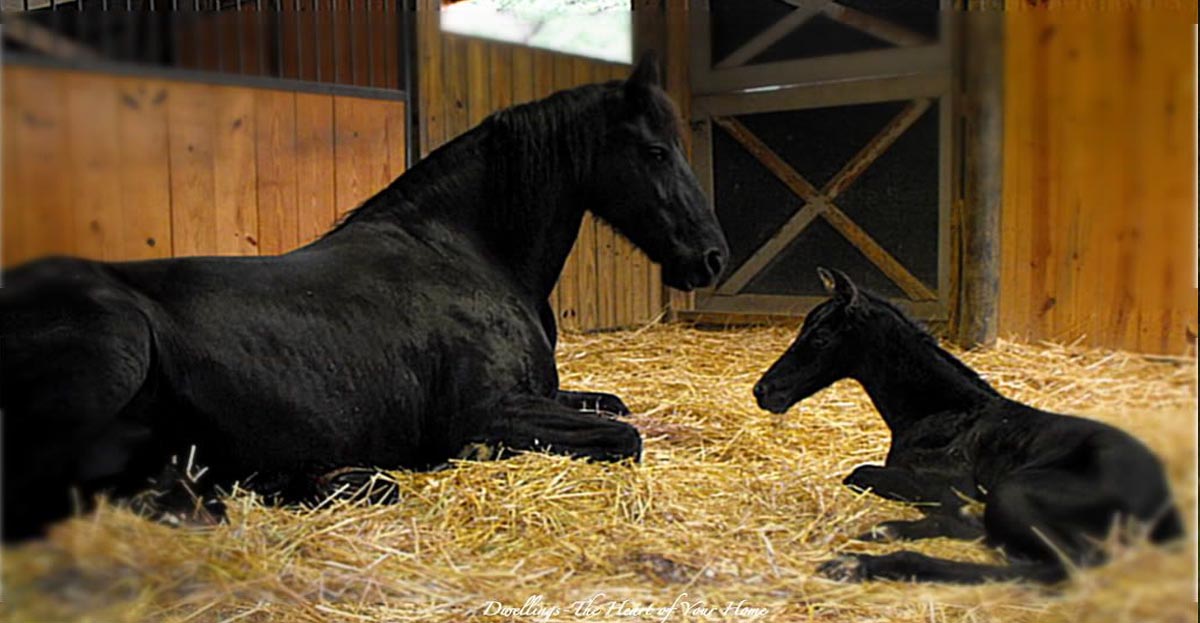Horses Protein and Energy Values
The daily requirement of protein
The adult horse protein requirement is 6 grams digestible crude protein per megajoule. The protein requirement can not be under fed for prolonged time periods without incurring negative effects. The protein requirement is particularly high for breeding mares, growing young horses and horses in tough training and competition. Energy and protein are the building blocks for a horse to support and sustain a healthy and long lasting physicality.
Exclusive Horse Feed recommendations for different horse categories requirements of protein and energy values (please note that these are pure recommendations – there are always deviations for horses’ specific physiological requirements)
| Horse category | Energy (Mj/kg Dry Mater) |
Digestible crude protein (g/kg dry matter) |
g digestible crude protein/MJ |
| Foal | >10 | >75 | ca 8-10 |
| Young horse | >10 | >75 | ca 8-10 |
| Mare in last trimester | >10 | >75 | ca 8-10 |
| Lactating mare | >10 | >75 | ca 8-10 |
| High performace horse | >10 | 55-60 | ca 6 |
| Low performance horse | ca 9 | 45-55 | ca 6 |
| Ponny | ca 9 | 45-55 | ca 6 |
A short explanation to what crude protein, digestible crude protein and energy means:
Crude protein = an expression for the nitrogen content in the feed. The nitrogen content is analysed with a technique that is called Kjeldahl technique. The value is multiplied by 6,25 to obtain the crude protein value. An average protein contains 16% nitrogen. This part contains also other substances than protein eg: amino acids, peptides, nuclein acids ammonium, amines, amides etc
Digestible crude protein = all the crude protein is digested differently by different species of animals and the calculations for horse and eg: ruminants differ.
Energy = The quantity of energy is expressed in megajoules (MJ) or megacalories (Mcal). In Sweden the energy requirement is expressed as metabolisable energy and the unit is MJ. In Germany for example the energy requirement is expressed as digestible energy and the unit as MJ.
|
Gross Energy
|
Minus energy
from feaces |
Minus energy from
urine and stomach gas |
|
|
DE
Digestible energy |
minus
heat exretion |
||
|
ME
metabolisble energy |
NE
net energy |
||
Study on high performance horses reaction to high protein intake from roughage.
A high protein diet of high performance harness racing horses in peak competition fitness was studied by PhD student Sarah Muhonen at the Swedish Agricultural University. The horses were fed two different roughages with high energy content (11,2 MJ/kg dry matter). One roughage had a high protein content of 16,6 % - more protein than recommended - and the other roughage had a protein content within the recommended standards of 12,5 % crude protein. In the study they did sudden swaps between the two feeds to increase the awareness of horses’ adaptability to an increased protein intake. Faeces and urine samples were collected to measure water intake and towards the end of each feed out period a work test on a rolling carpet and on the course were done to investigate the perception of the coachmen of the horses physiological performance. Were the horses affected by the high protein intake or not?
The result showed that the coachmen did not notice any difference between the horses that were on the high protein intake in comparison the ones that were not. The horses had no problem maintaining their condition or weight, which showed that a roughage high in energy can be enough to meet the high performance working horses nutritional requirements.
It was however noticed that the horses water consumption increase while on the high protein diet. The horses drank on average 4 liters more per day on the high protein diet. The pH in the blood did not change while the ph in the urine decreased which showed that the hydrogen ions were excreted. The results showed that horses performing short and highly intensive hard work can handle high protein intake without any physiologically detrimental effects. An interesting comment may be that due to increased water intake a diet very high in protein intake could be of disadvantage to endurance horses.





